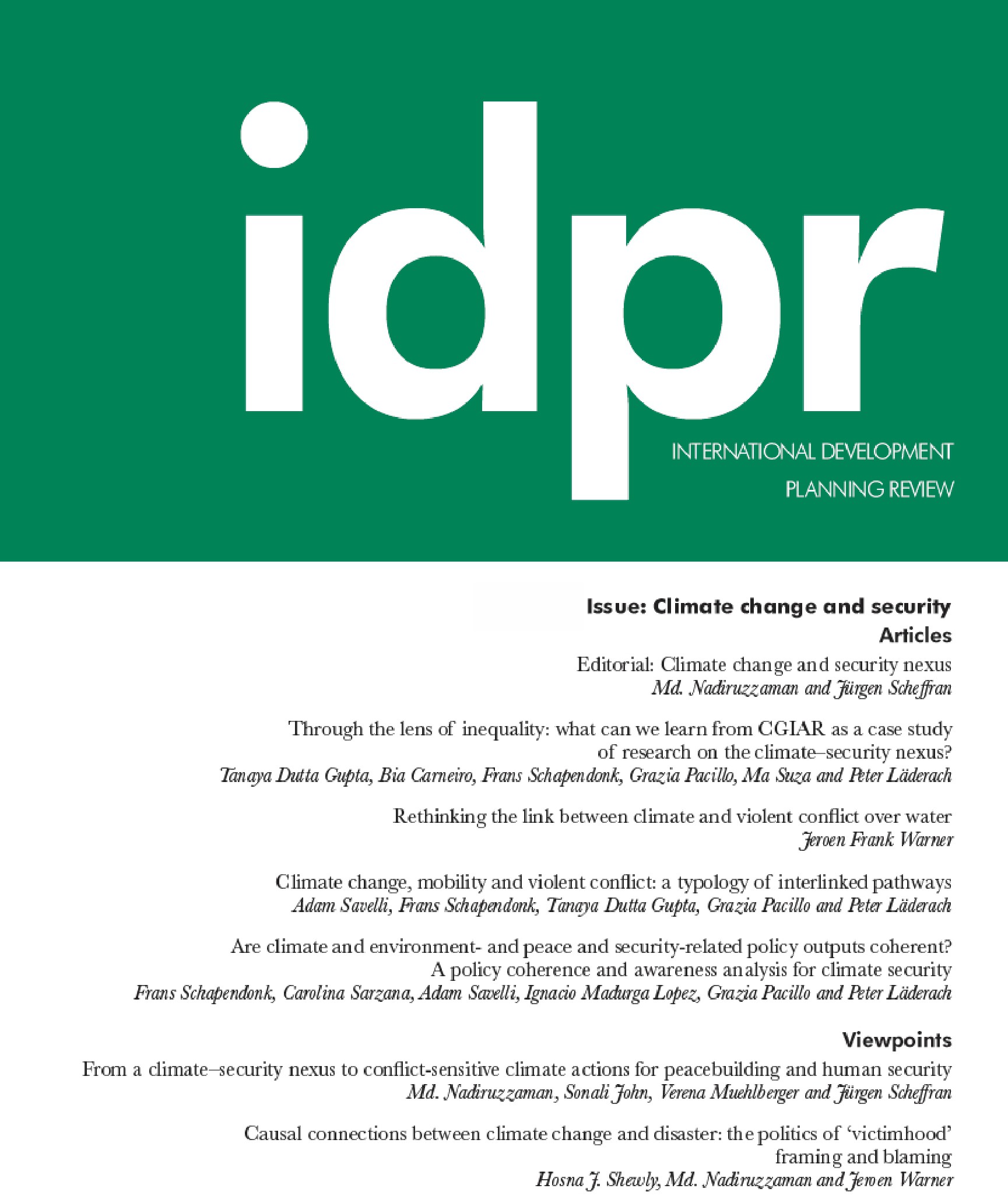HUMAN RIGHTS OF WOMEN IN INDIA AND THE CEDAW: AN ANALYTICAL PERSPECTIVE
Abstract
From time immemorial, women are always used as an instrument to protect the embodiment of various cultures, be the tradition of ‘purdah’ or ‘burkhah’. She is used as an instrument of upholding the family values and traditions. Further, under the pretext of carrying forward, the family lineage, she is being used as child bearing machinery, since ages. The urban society has been cautious of their needs in fighting against such odds by the bliss of education and readiness for recognition in the society but the rural and uneducated suffers the worst as they are deprived of all the human rights. The international commitments of the state parties have paved the way for a better future but the obligations imposed on the state parties are simply documented and holds utmost importance only in records. On the other hand, the Indian legislative framework is sufficiently trying to scrutinize the pros and cons of the causes pertaining to sufferings of women so that their basic rights could be realized and protected but the dawn is yet to follow. The CEDAW has emerged to protect the basic rights of women and it is the international Bill of rights for women which take into account every aspects of women’s life including the reproductive rights of women. This paper brings home the fact that despite the various legislative mechanisms for women, nationally as well as internationally, Indian women are yet to be their own, in terms of protecting their rights and liberties. The paper discusses how CEDAW has emerged as a strong savior as it covers every ambit of a women’s life. The important relevant provisions of CEDAW is analysed in this paper and it is studied in light of the Indian scenario in a holistic manner. The main objective of this paper is two-fold. Firstly, to address the various aspects that are covered by CEDAW so as to secure justice for women and secondly, to drive the attention of the stakeholders so that every women in India could be educated in terms of their basic human rights by eliminating all forms of discrimination against them.
Key Words: Women, Human Rights, CEDAW, Discrimination, Holistic






